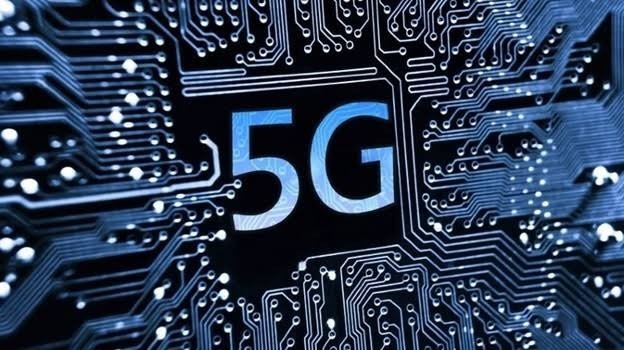The advent of 5G technology heralds a new era of connectivity and communication, promising unprecedented speed, reliability, and versatility. As the fifth-generation mobile network, 5G holds the potential to transform industries, empower innovation, and redefine the way we interact with digital services. In this article, we delve into the intricacies of 5G technology, exploring its key features, applications, and implications for various sectors.
Understanding 5G Technology
5G technology represents a significant leap forward from its predecessors, offering faster data speeds, lower latency, and greater capacity to support a multitude of connected devices. At its core, 5G relies on advanced radio access technologies, including millimeter-wave spectrum, massive MIMO (Multiple Input Multiple Output), and beamforming, to deliver enhanced performance and coverage. By leveraging these innovations, 5G networks can achieve peak data rates exceeding gigabits per second, enabling seamless streaming, immersive gaming, and real-time applications.
One of the defining characteristics of 5G technology is its ability to accommodate diverse use cases, ranging from enhanced mobile broadband to ultra-reliable low-latency communication and massive machine-type communication. This versatility enables 5G networks to cater to the evolving demands of consumers, enterprises, and industries, driving innovation and digital transformation across various sectors.
Applications of 5G Technology
1. Enhanced Mobile Experiences
With 5G technology, users can expect significantly faster download and upload speeds, reduced latency, and improved network reliability compared to previous generations. This translates to smoother streaming, quicker downloads, and seamless browsing experiences, empowering users to access high-definition content, participate in immersive gaming, and engage in real-time communication with unparalleled ease.
2. IoT and Smart Cities
5G’s high bandwidth and low latency capabilities make it well-suited for powering the Internet of Things (IoT) and facilitating the development of smart cities. By connecting an extensive network of sensors, devices, and infrastructure, 5G enables real-time data collection, analysis, and decision-making, paving the way for enhanced urban services, efficient resource management, and improved quality of life for residents.
3. Industry 4.0 and Automation
In the realm of industry and manufacturing, 5G technology plays a pivotal role in driving the fourth industrial revolution (Industry 4.0). By enabling ultra-reliable low-latency communication (URLLC) and supporting massive machine-type communication (mMTC), 5G networks empower enterprises to deploy advanced automation, robotics, and remote monitoring solutions. This facilitates greater efficiency, productivity, and agility in production processes, while also reducing operational costs and downtime.
4. Healthcare and Telemedicine
The healthcare sector stands to benefit significantly from the advancements offered by 5G technology, particularly in the realm of telemedicine and remote patient monitoring. With high-speed connectivity and low latency, 5G enables healthcare professionals to deliver real-time consultations, conduct remote diagnostics, and monitor patients’ vital signs from virtually anywhere. This not only improves access to healthcare services but also enhances patient outcomes and reduces the burden on traditional healthcare infrastructure.
Implications and Considerations
While the potential of 5G technology is vast, its widespread deployment presents various challenges and considerations. From infrastructure investments and spectrum allocation to cybersecurity and regulatory compliance, stakeholders must navigate a complex landscape to realize the full benefits of 5G. Moreover, concerns surrounding privacy, data protection, and digital divide must be addressed to ensure equitable access and responsible deployment of 5G technology.
In conclusion, 5G technology represents a transformative force that is reshaping the digital landscape and revolutionizing connectivity and communication on a global scale. With its unparalleled speed, reliability, and versatility, 5G has the potential to unlock new opportunities for innovation, drive economic growth, and enhance the quality of life for individuals and communities worldwide. As we embrace the era of 5G, collaboration, innovation, and responsible stewardship will be essential in harnessing its full potential for the benefit of society.

